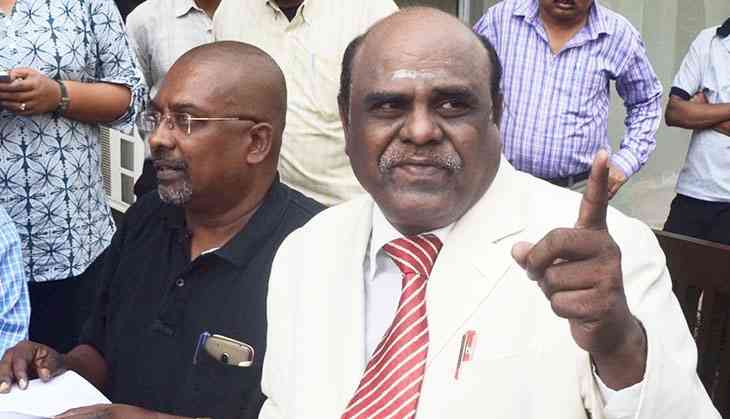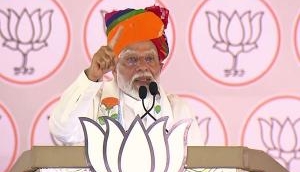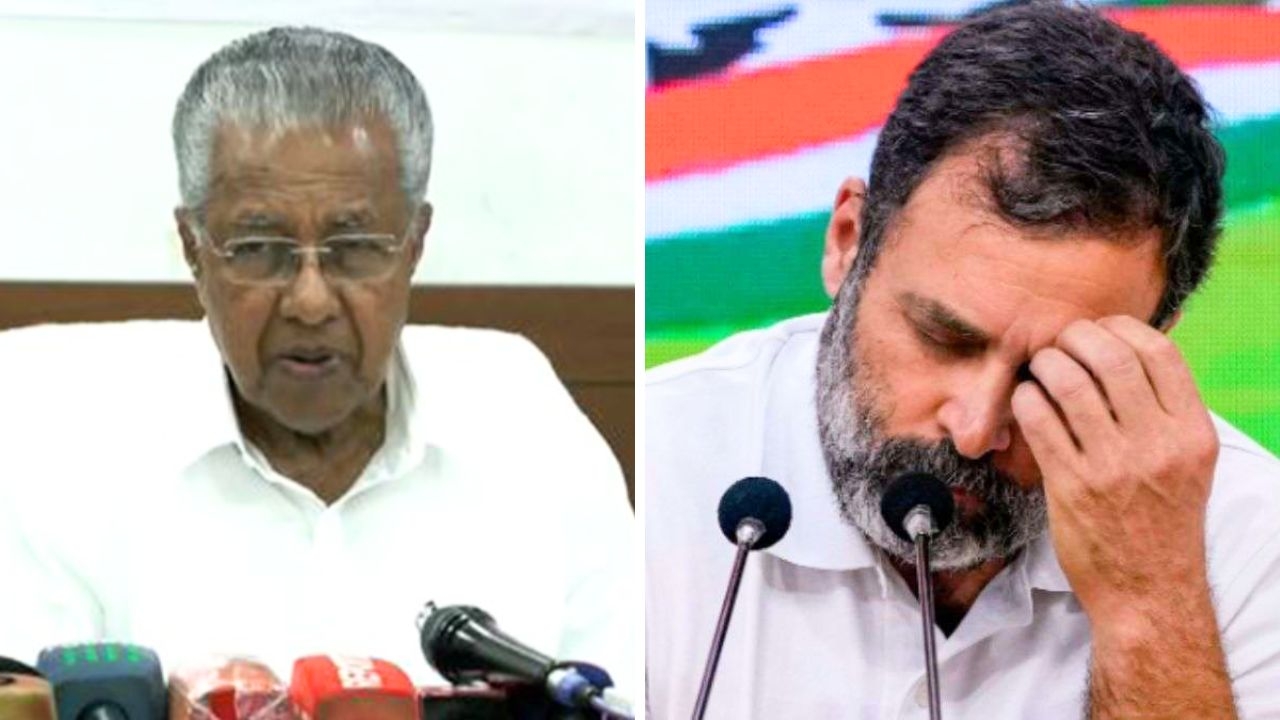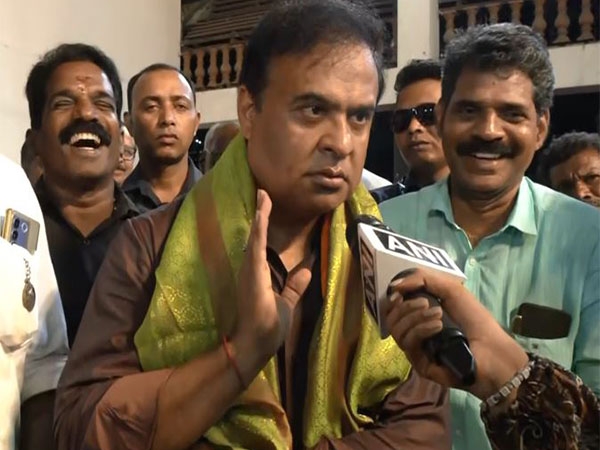Karnan gets jail for contempt: what SC judgement means for Indian judiciary

It's a first in the history of the Indian judiciary – the Supreme Court sentencing a sitting judge of a high court to six months' imprisonment for contempt of court.
What the case has brought into sharp focus is that in contempt cases, it is immaterial whether the contemnor is a judge (sitting or retired) or an ordinary citizen.
In fact, the seven-member Constitution Bench, presided by Chief Justice of India (CJI) JS Khehar, said it saw Justice CS Karnan as only a 'citizen', as the matter related to contempt of court.
Previous removal proceedings
If it is a matter of complaint or allegation of corruption and a judge is sought to be removed by any citizen, there is a procedure to follow: a motion in Parliament, which needs to be backed by two-thirds of its members.
The matters related to Justice V Ramaswami and Justice Soumitra Sen are cases in point. Justice Ramaswami escaped when the motion fell in Parliament, while Justice Sen resigned even before the motion was taken up in Parliament.
However, both these matters related to complaints of corruption and favouritism of the judges concerned.
In yet another case, that of Justice CV Nagarjuna Reddy of the Andhra Pradesh High Court, against whom a removal motion was moved in the Rajya Sabha, the judge concerned took permission of the then CJI, TS Thakur, to go on long leave and subsequently retired. The motion, too, went into limbo.
Karnan crossed a line
On the other hand, Justice Karnan's case relates to contempt of court, that too of the Supreme Court.
Senior counsel KK Venugopal, in fact, wanted the contemnor to retire and then proceed against him, in view of the heat and dust the case has generated around the judiciary.
When Venugopal began saying “whether the court should consider punishing a sitting judge”, the CJI retorted: “Before us there is no judge or private party or public party. He (Karnan) is a citizen of India. If he is guilty, he should be punished.”
However, the operative portion of the order said: “We are of the unanimous view that Justice Karnan is in contempt of this court and of judiciary and judicial process of grievous nature. We are satisfied in punishing him for contempt of court. We sentence him to imprisonment for six months. The sentence shall be extended forthwith.”
If it were the case of an ordinary citizen, as has been orally observed by the CJI, then the question arises: what about such a citizen raising a question or making a complaint about corruption in judiciary?
This is what Justice Karnan did in the beginning, but crossed a line by ordering the arrest and convicting Supreme Court judges.
Was it not a retired CJI, SP Bharucha, who stated in a public function that at least 15% of the judges or judiciary in the country is corrupt? So, Justice Karnan raising the issue of corruption amongst judges is one issue, but using intemperate language and then making a series of orders is another.
Karnan should not have linked this issue to his being a Dalit.
What to do about corruption?
At the same time, corruption in the judiciary is a serious issue that needs to be addressed soon.
Retired CJI VN Khare told this correspondent once that the proposed National Judicial Commission (NJC) or National Judicial Accountability Commission (NJAC) should be an enlarged body comprising the CJI, five senior judges of the Supreme Court, the Prime Minister or his representative, the Leader of the Opposition, the Speaker of Lok Sabha, the Chairman or Deputy Chairman of the Rajya Sabha, along with known jurists, eminent citizens, even representatives of NGOs with clean track records.
This body should start the clean-up from the selection process itself. As Justice Khare said, “even if you go to buy vegetables, you try to choose the best among those available”.
Forget about the USA or Canada, even in some of the lesser-developed countries in Europe, during the selection of judges, the list containing the names of the shortlisted candidates is published, and public criticism or objections are invited.
In India, on the other hand, the selection process is shrouded in secrecy, and the collegium system has been upheld, negating the proposed NJAC recently vide a judgment.
One of the judges in the Constitution Bench that decided the fate of Justice Karnan on Tuesday objected to the collegium and called it 'opaque'.
Now Justice Karnan's matter may again bring into the limelight all these unresolved issues in the Indian judiciary.
First published: 9 May 2017, 19:50 IST





![BJP's Kapil Mishra recreates Shankar Mahadevan’s ‘Breathless’ song to highlight Delhi pollution [WATCH] BJP's Kapil Mishra recreates Shankar Mahadevan’s ‘Breathless’ song to highlight Delhi pollution [WATCH]](http://images.catchnews.com/upload/2022/11/03/kapil-mishra_240884_300x172.png)

![Anupam Kher shares pictures of his toned body on 67th birthday [MUST SEE] Anupam Kher shares pictures of his toned body on 67th birthday [MUST SEE]](http://images.catchnews.com/upload/2022/03/07/Anupam_kher_231145_300x172.jpg)






